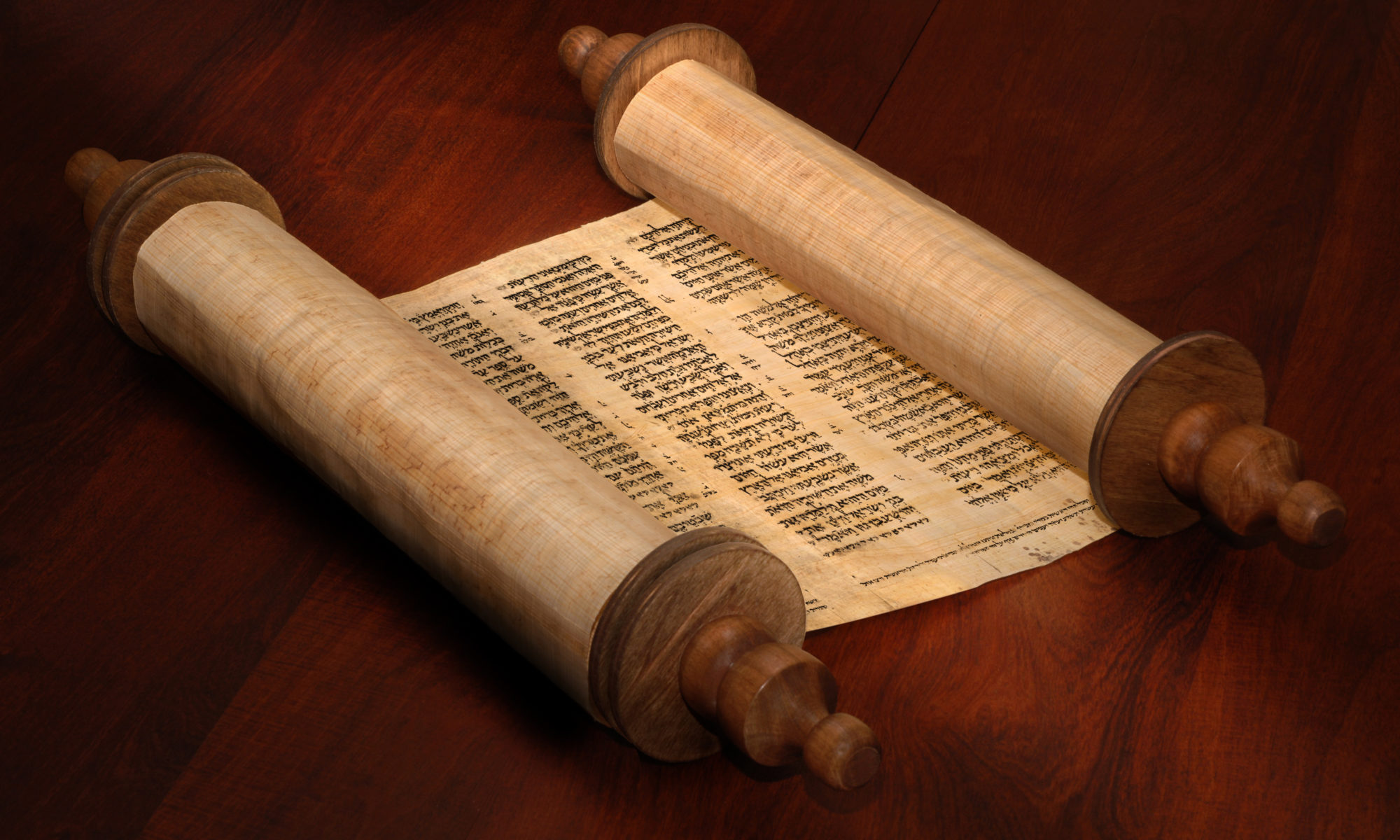March 3 – The Practice of Fasting: Isaiah 58:1-6
The contemporary practice of fasting serves at least three general purposes. First, fasting prepares us to assume an attitude of conformance to God’s purpose and to God’s will. Second, fasting cleanses us, providing a time for purging of the physical body, ridding it of impurities. Third, fasting strengthens us spiritually (Stanley, 2001). During the Babylonian exile, these traditions had regressed into baseless rituals that were not pleasing to God.
Therefore, God sent the prophet Isaiah (Isaiah 58:1-12) to reinforce the importance of fasting to the Hebrew exiles. In verse 2, God spoke through the prophet: “Day after day they seek me and delight to know my ways, as if they were a nation that practiced righteousness and did not forsake the ordinance of their God”(58:2). In verse 3a, the people tried to rationalize their actions to God: “Why do we fast, and you do not see? Why humble ourselves, but you do not notice?” (58:3a) Later, in verse 3b, God answered through the prophet: “Look, you serve your own interest on your fast-day, and oppress all your workers” (58:3b). In short, their fasting had become a mockery of God, not a means to honor God. In verse 4b, God speaks again through the prophet to let the people know: “Such fasting as you do today will not make your voice heard on high” (58:4b). And, in the final analysis (58:5), God replies: “Is such a fast that I choose a day to humble oneself? Is it to bow down the head like a bulrush, to lie in sackcloth and ashes? Will you call this a fast, a day acceptable to YHWH?”
I submit to you that, in today’s society, justice-focused fasting should entail giving up those things that prohibit our obedience to Jesus’ commandment that we love our neighbors as ourselves. Such a sacrifice might call on us to give up both apathy and inertia. We need to shed our apathy and help each other redefine who we are as a people united for the common good. We need to care about each other enough to see our brothers and sisters who are suffering and to understand what they’ve been going through. In other words, empathy should be our focus, not apathy.
Moreover, we need to give up inertia. As a people, we need to do something actively to confront injustice and empower God’s people who are struggling to climb the rough side of life’s mountain. We need to obligate ourselves as members of a beloved community to actively tend to the needs of God’s people. We need to heal the brokenness that cripples God’s people. We need to find a way to encourage those who are scorned, brutalized, and almost defeated by life. In the book of Matthew, Jesus directs us to feed the hungry, give drink to the thirsty, provide clothing for the destitute, care for the sick, and visit those who are in prison. And when we have done it to the least of these – our brothers and sisters – we have also done it for Jesus (Matt 25:40).
In Isaiah 58:6, the prophet tells the people what acceptable fasting involves: to loose the bonds of injustice, to undo the thongs of the yoke, to let the oppressed go free, and to break every yoke? He reminds them that such a fast would be pleasing to God.
Stanley, C. (2001). Charles Stanley’s handbook for Christian living: Biblical answers to life’s tough questions. Thomas Nelson. Kindle Edition.




